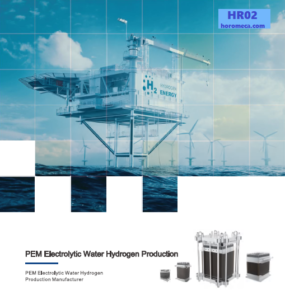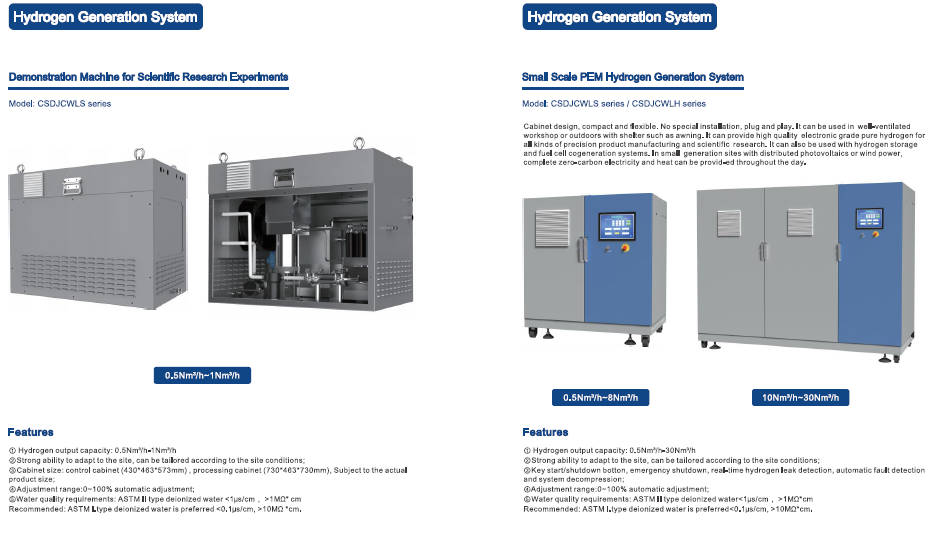Hydrogen energy
Hydrogen generation system, green industrial hydrogen
Hydrogen energy! Hydrogen generation systems play an essential role in modern industry, providing a clean and versatile energy source. Hydrogen is considered a promising energy carrier, as it can be used to power a variety of industrial applications.


The hydrogen generation system plays an essential role in modern industry, providing a clean and versatile energy source. Hydrogen is considered a promising energy carrier because it can be used to power a variety of industrial applications, such as ammonia production, petroleum refining, chemical manufacturing and fuel cell power.
Growing demand for sustainable energy solutions has led to the development of advanced hydrogen generation systems to meet the needs of industry. These systems generally use methods such as water electrolysis, methane reforming or biomass gasification to produce hydrogen.
One of the key advantages of hydrogen as an energy source is its potential to reduce carbon emissions. Unlike traditional fossil fuels, hydrogen combustion produces only water and heat, with no emissions harmful to the environment. This makes it an attractive option for industries looking to reduce their carbon footprint and adopt more sustainable practices.
Hydrogen also offers advantages in terms of energy storage and transportation. It can be stored in tanks and used when energy is needed, offering a flexible solution to meet fluctuating industrial energy demand.
However, despite its advantages, the widespread deployment of hydrogen generation systems for industry still requires technological advances and suitable infrastructures. Ongoing efforts are being made to improve the efficiency of hydrogen generation systems, reduce production costs and develop sustainable methods for large-scale hydrogen production.
With this in mind, Hydrogen generation systems for industry play a crucial role in the transition to a cleaner, more sustainable economy. By offering a versatile, environmentally-friendly energy source, they help reduce carbon emissions and promote a sustainable energy future for industry.
Find out more before you contact us:
Hydrogène Vert